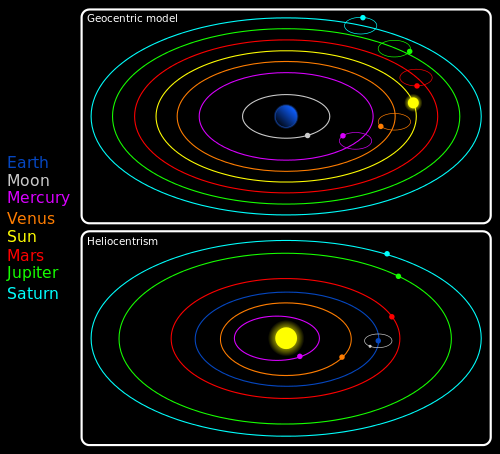How do you know what you know?
This may seem an inane question at first, recursive in nature and constructed solely to frustrate and confuse, but everyone should consider it at some point in their life. Epistemology is the investigation of this question; this study of what constitutes knowledge, if it even exists, and how we could go about gaining it if it does.
It's likely you're sitting on a chair right now. Are you sure that's a chair? You might say yes, since you can feel and see it beneath you, and it's true that sense perception is one of the most widely accepted methods of gaining knowledge, yet your senses are not always as reliable as you might hope. Optical illusions provide a good example of the fallibility of human senses; look at the checkerboard below, particularly the colours of the squares marked A and B.
Square B appears irrefutably lighter than square A, doesn't it? Now have a look at this deconstruction:

In fact, they're exact same shade of grey.
Even if you could always trust the evidence of your senses, there's no practical way for you to verify all your 'knowledge' through touch, sight, smell, sound or taste - what about atoms? Electric currents? Accepting knowledge second-hand from a figure of authority on a subject allows us to build on each others' achievements much like the pooling resources allowed our earliest ancestors to devote time to invention instead of constantly being on the hunt for their own meals. However, you need only look at the Santa Claus myth, believed by children across the world on the word of their parents, to see that relying on others' words can lead to false knowledge. This occur without deceit too, when the authority figure honestly believes their claims, as in the case of Ptolemy leading ancient Greece to believe the universe revolved around Earth.

Image Credit: Wikimedia Commons
The Ptolemaic model is shown here on top with Copernicus' more accurate model below.
Perhaps now you'd like to fall back on pure, objective reasoning, as scientific theory does. However, even a formula as important as E=mc2 assumes that c, the constant representing the speed of light, is accurate. How do you know it is? Can you trust whoever told you it? You could actually measure it yourself with a bar of chocolate and a household microwave but then how could you be sure your eyes weren't playing tricks on you when you read the display? The entire field of scientific investigation relies on four fundamental assumptions1:
- There is a real and knowable universe
- The universe operates according to certain understandable rules or laws
- These laws are immutable - they do not change depending on where or when you are
- These laws can be discerned, studied and understood by people through careful observation, experimentation and research
As you can probably see by now, these assumptions include some inherent knowledge issues. Good scientists are generally very conscious of the presence of these uncertainties and tend to call even the ideas they are most confident in 'theories', such as the Theory of Evolution.
Perhaps the only thing you can reason out (assuming the logical process we call 'reasoning' does lead to absolute truth) is Descartes' famous je pense, donc je suis, more commonly quoted as cogito ergo sum which translates to 'I think, therefore I am.' Yet believing this and this only could make a person mad, or at least very lonely, which is one reason why epistemeology seeks ways to validate the plethora of beliefs we call 'knowledge' in a variety of clever and intricate ways.
Reference:
1. Feder, Kenneth L., (2010). Frauds, Myths, and Mysteries: Science and Pseudoscience in Archaeology. 5th ed. Toronto, Canada: McGraw-Hill.
© BrainMass Inc. brainmass.com June 30, 2024, 9:23 am ad1c9bdddf
